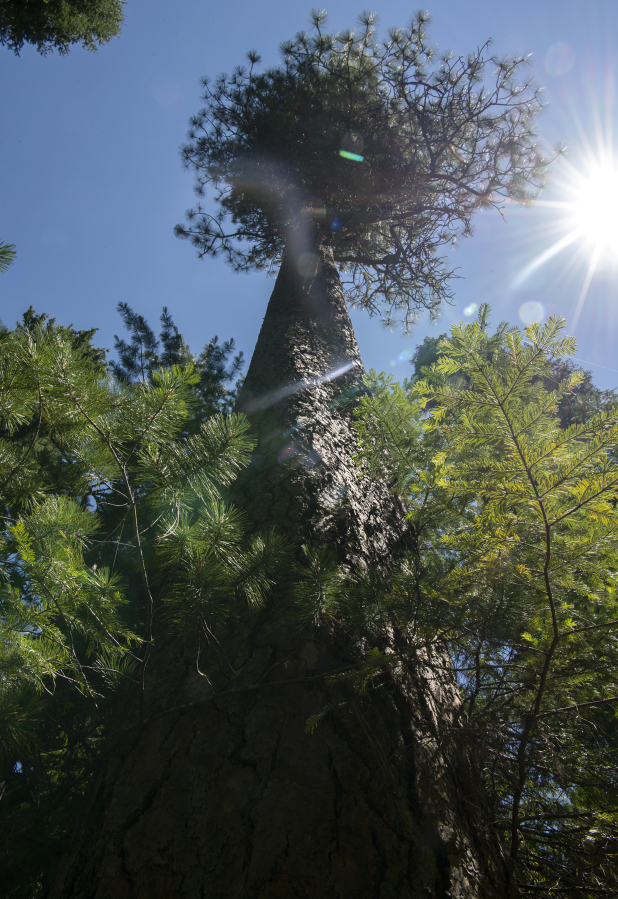CENTRALIA — The status of the Pinchot Partners is similar to that of nearly every business and organization in Washington right now: seeking normalcy after the pandemic warranted major shifts in operations.
The Pinchot Partners is a forest collaborative, a group of different stakeholders in the Gifford Pinchot National Forest.
In 2002, habitat preservation for the northern spotted owl extinguished the once-thriving timber industry of east Lewis County, along with many other areas in Washington. With the industry’s death came recession and reduced quality of life for many residents. On the other hand, many conservationists saw the efforts as a win. The owl became the subject of books and laws, bumper stickers and fights.
But the northern spotted owl controversy did give way to one positive thing: a collaborative to represent the folks on all sides that still persists today.



